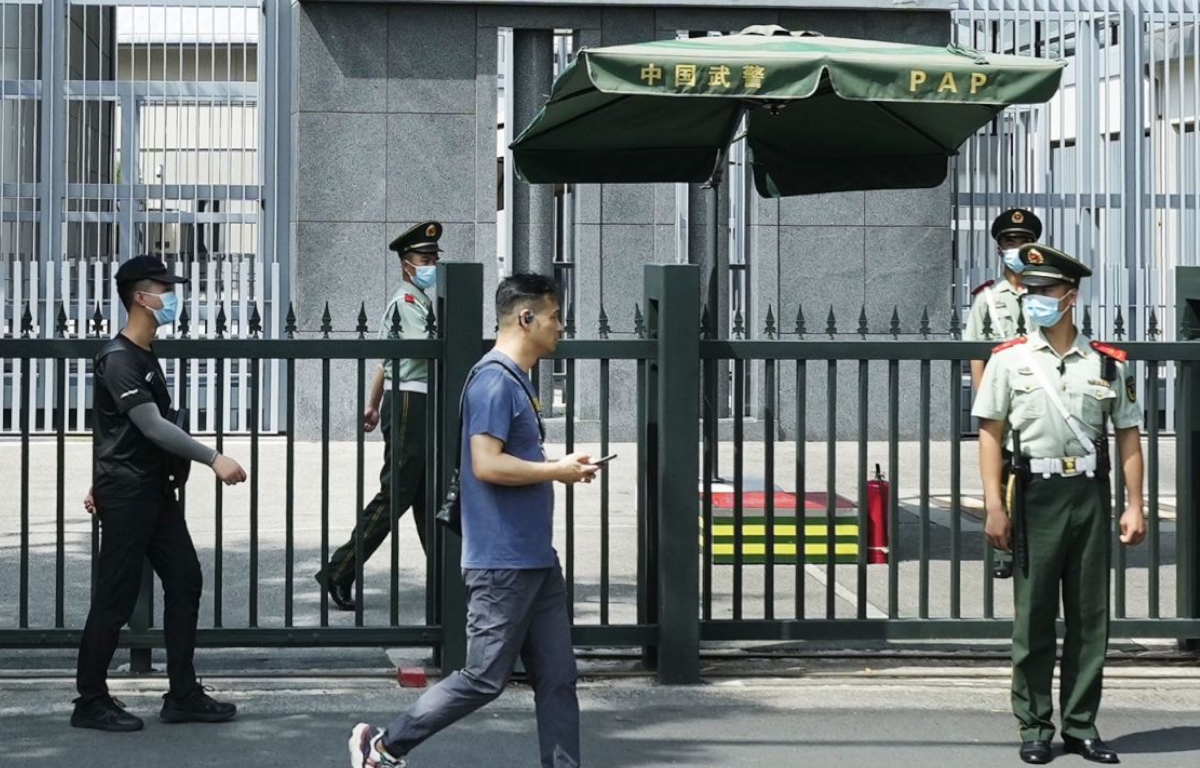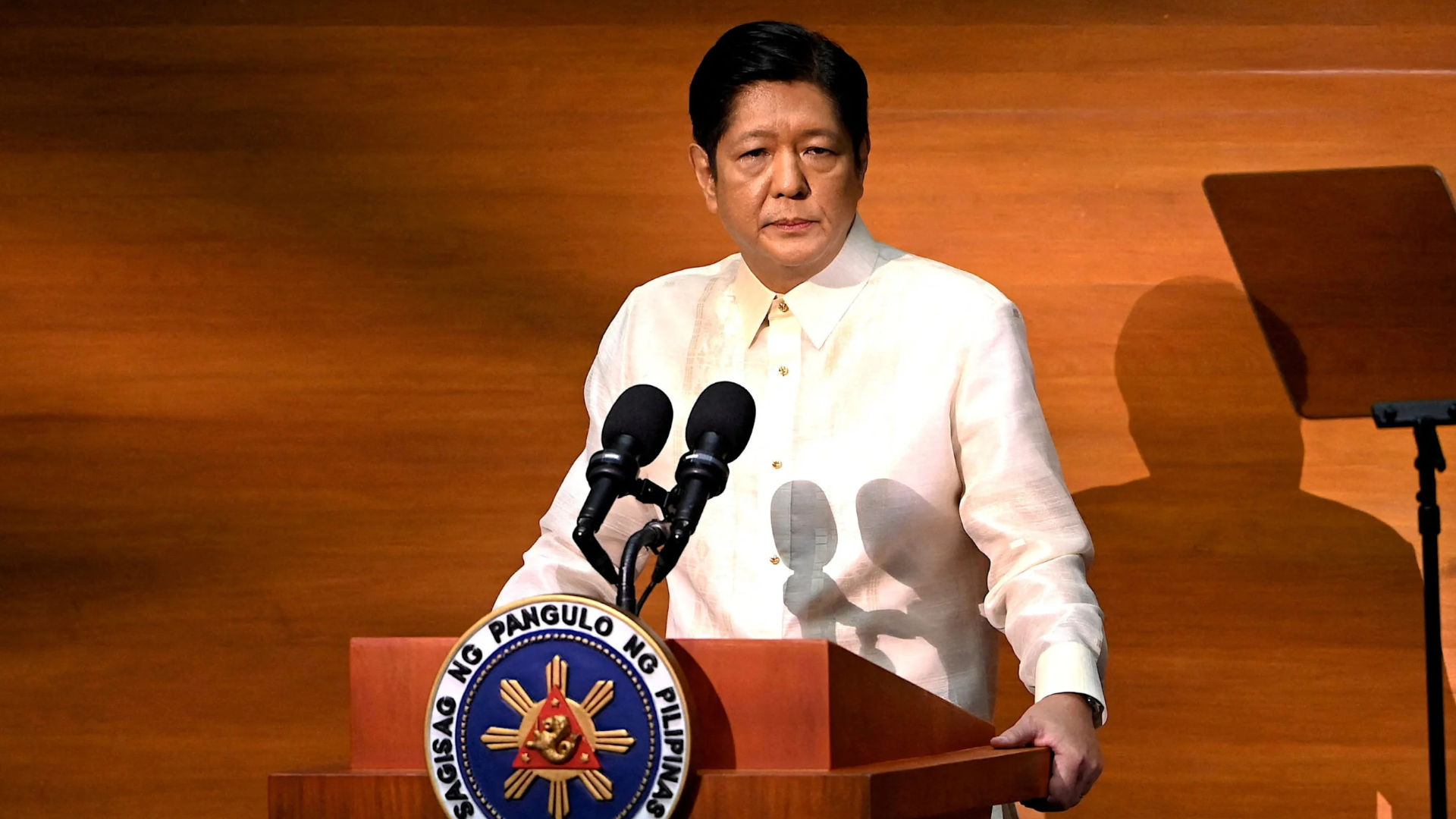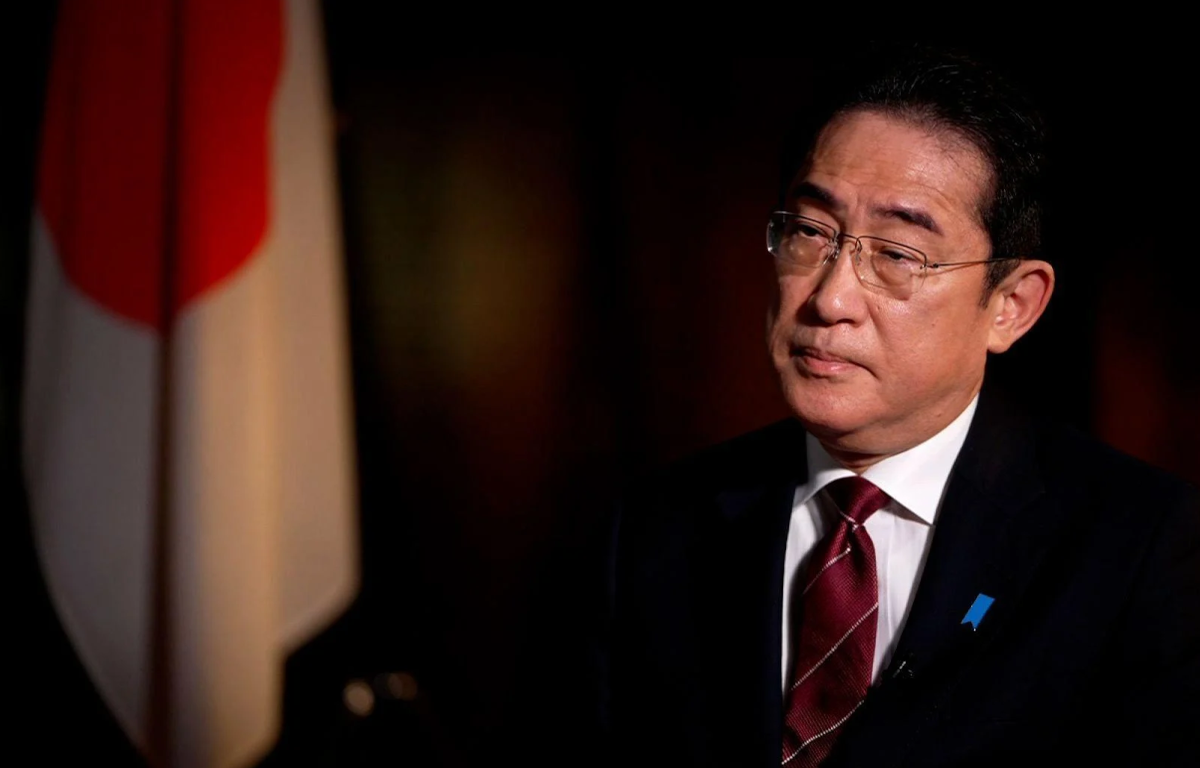
This move marks another chapter in the ongoing disputes and geopolitical maneuvering surrounding Taiwan’s security and US-China relations.
The sanctioned companies, Lockheed Martin and Raytheon Technologies, are major players in the defense industry, known for supplying advanced military equipment and technology. China’s Ministry of Foreign Affairs stated that these companies had engaged in activities that “seriously undermined China’s sovereignty and security interests.”
The crux of the issue lies in arms sales to Taiwan, a self-governed island that China considers part of its territory. The US has a longstanding policy of providing defensive weapons to Taiwan to help ensure its security, a commitment enshrined in the Taiwan Relations Act. However, China vehemently opposes such sales, viewing them as interference in its internal affairs and a threat to its strategic interests.
China’s decision to impose sanctions on US defense companies is a retaliatory measure aimed at sending a strong signal of disapproval and deterring further arms sales to Taiwan. The move is part of a broader pattern of tit-for-tat actions between the two countries, reflecting their deepening rivalry and diverging interests on regional and global issues.
The US has condemned China’s sanctions, reaffirming its commitment to Taiwan’s security and defending its right to engage in arms sales as part of its broader national security strategy. The Biden administration has emphasized the importance of maintaining stability and peace in the Taiwan Strait while upholding the principles of international law and freedom of navigation.
The Taiwan issue has long been a sensitive and contentious issue in US-China relations, with both sides adopting firm positions and engaging in diplomatic maneuvers to advance their respective interests. China sees Taiwan as a core national interest and has repeatedly warned against any attempts to change the status quo or support Taiwan’s independence.
The latest sanctions on US defense companies add a new layer of complexity to the already strained relationship between China and the US. The ongoing disputes over trade, technology, human rights, and regional security have created a challenging environment for diplomatic engagement and cooperation between the world’s two largest economies.
Efforts to de-escalate tensions and find common ground on critical issues such as Taiwan will require careful diplomacy, dialogue, and a willingness to address underlying concerns and grievances. The stakes are high, given the potential ramifications for regional stability and the broader geopolitical landscape in the Asia-Pacific region.










Share this: